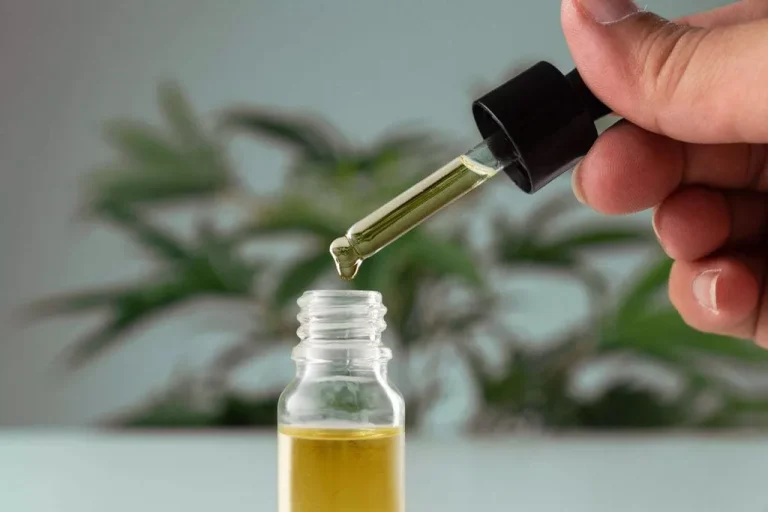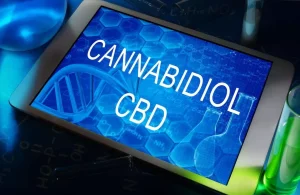How Alcohol Impacts the Risk of Blot Clots

If you have a prescription for a blood thinner like warfarin, the risk of uncontrolled bleeding increases with moderate drinking while the risk of blood clots increases with heavy or binge drinking. You should limit your alcohol intake if you are taking blood thinners. One drink on occasion is not likely to Alcoholics Anonymous cause problems, but moderate to heavy drinking with anticoagulant medications is dangerous. It increases the risk of bleeding-type strokes as well as blood loss from what would otherwise be a small injury. It is worth mentioning that excessive alcohol consumption can have detrimental effects on the blood clotting process. Alcohol abuse can lead to an increased risk of bleeding disorders, as well as liver damage that can disrupt the production of clotting factors.
Potential Benefits of Moderate Alcohol Consumption

If you have concerns about the combination of alcohol and anticoagulants, it is best to consult with a healthcare professional. Results of a Dutch study showed that healthy adults who drink one to two glasses per day have a decreased chance of developing type 2 diabetes, in comparison to those who don’t drink at all. The scientists suspected that this had something to do with the antioxidant properties of wine. Contrary to prior beliefs, newer research has found that moderate drinking might actually protect against erectile dysfunction in the same way that drinking red wine might benefit heart is alcohol good for blood clots disease.
Similar articles

Research has found that alcohol affects the process of blood coagulation. “Coagulation” is a term used to describe the process of blood cells known as platelets sticking together. When a person experiences an injury, those platelets travel to the area to form together into a blood clot to stop the bleeding. Drinking more than two servings of alcohol daily increases the risk of blood clot development.
Top doctors in ,
Additionally, I examine the way mental and physical health as well as our relationships with others impact the reasons people drink and their role in maintaining sobriety long-term. Now, we’ve all heard the reasons why alcohol is bad for you, but what about the benefits? Here is our list of seven ways that drinking alcohol in moderation (when you’re of the legal drinking age of course) might benefit your health. In conclusion, the results from this meta-analysis suggest that alcohol intake is not related with the risk of VTE. Further large well-designed cohort studies are warranted to investigate a potential protective role of alcohol against VTE in women. Stratified analysis of the association between alcohol intake and risk for venous thromboembolism.
Health Benefits Of Drinking Alcohol
If you have high blood pressure, drinking many days in a row or drinking a lot in one setting are both very dangerous and can even be deadly. Elevated blood pressure places extra stress on the heart and increases the chances of heart attack, stroke and heart failure. Drinking alcohol when we have a blood clot is risky and generally not recommended, especially if we take blood thinners — medications designed to thin our blood to prevent clots. There are no specific warnings about consuming alcohol while taking other blood thinners. However, it is always advisable to consult a doctor or pharmacist before drinking alcohol with any new medication. Doctors warn people who are taking Aggrenox to moderate their alcohol consumption.
- Thin blood also makes it harder to heal from everyday injuries.
- A 2016 review suggests that significant daily alcohol consumption increases the activity of platelets.
- When the body’s ability to clot is reduced internal vessels may begin bleeding inside the body.
- Prolonged alcohol abuse may disrupt the delicate balance of the coagulation system, potentially increasing the risk of bleeding or blood clotting disorders.
prescription drugs you should not drink alcohol with

A forest plot showing risk estimates estimating the association between alcohol consumption and venous thromboembolism risk. The detailed process of study searching and selection is outlined in Figure 1. Most of them were excluded after screening the titles and/or abstracts. Finally, 10 prospective studies (10–15, 24–27) were included in our meta-analysis.
The Long-Term Effects of Alcohol
Blood thinners are drugs your doctor prescribes to prevent blood clots that can cause a heart attack or stroke. If your doctor has prescribed one of these medicines, it’s because you have heart disease or another condition that increases your risk for clots. Alcohol can reduce some of the “stickiness” of red blood cells, which can lower the odds of blood clotting.
